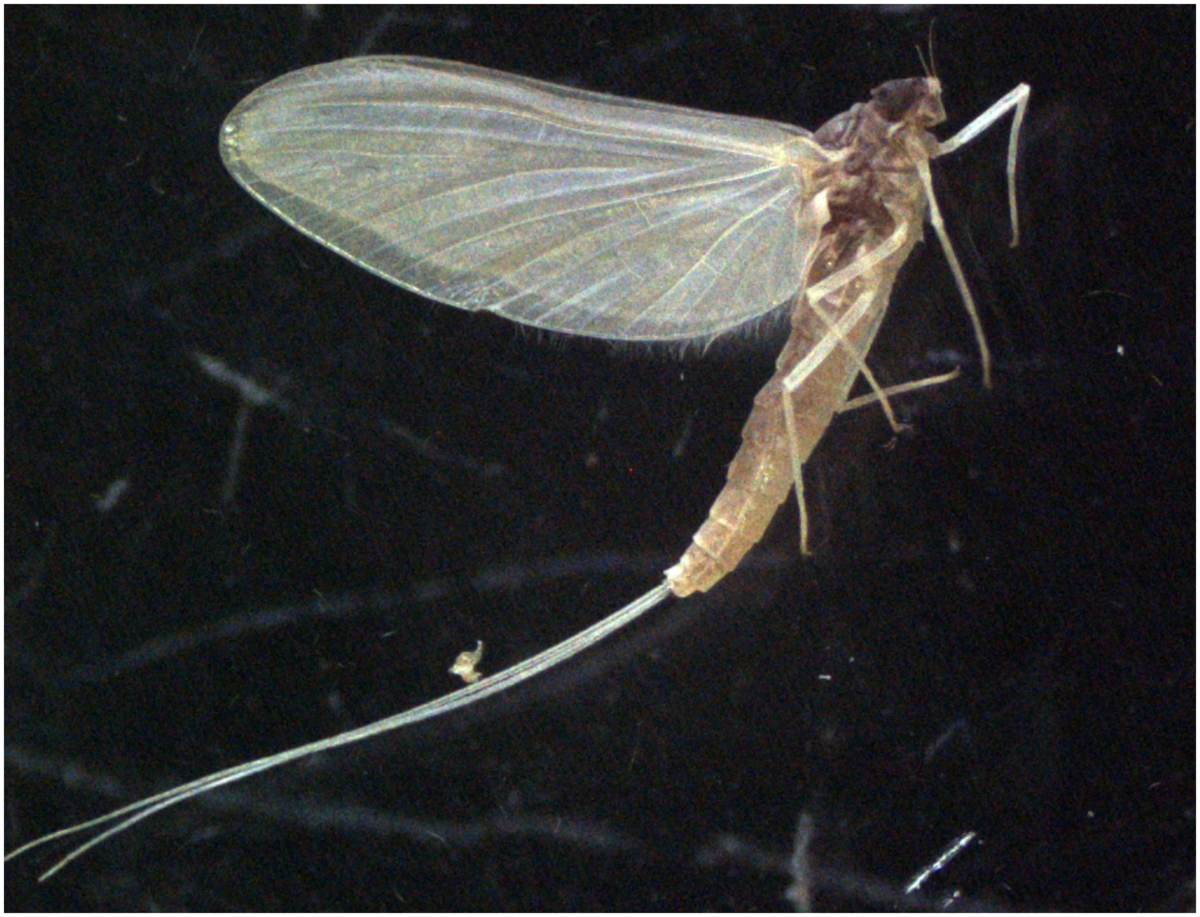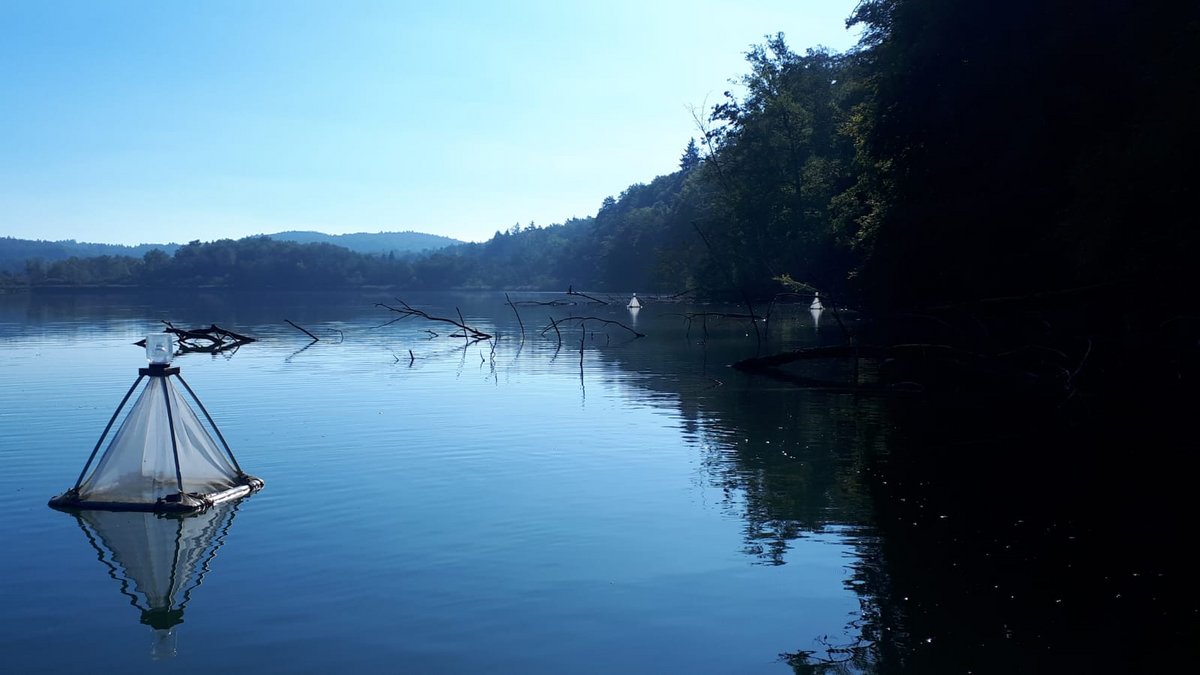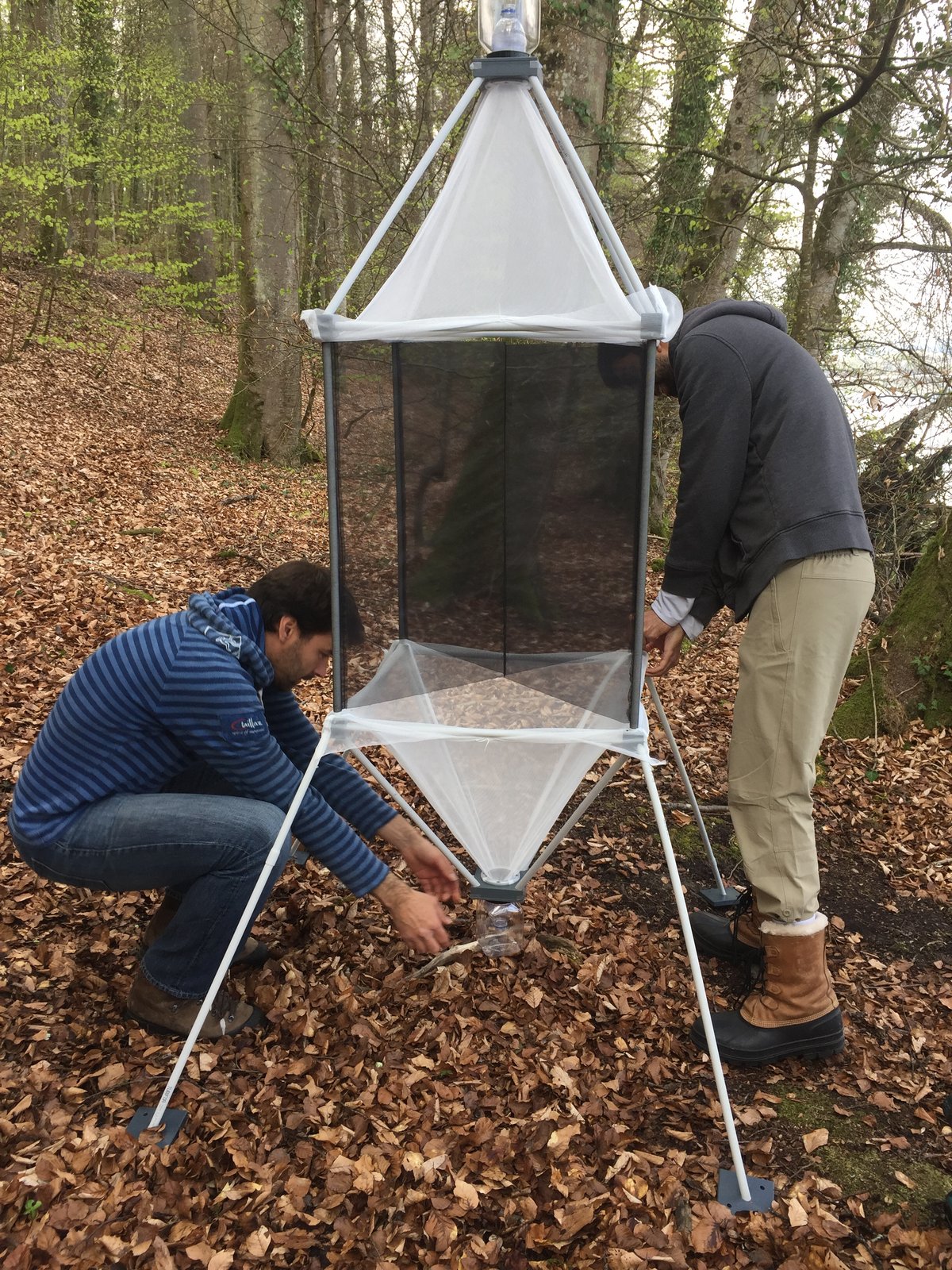BTU researchers involved in Science publication on biodiversity and nutrient availability in ecosystems
The study shows how closely the biodiversity of insects and spiders is linked to the availability of essential nutrients, in particular omega-3 polyunsaturated fatty acids.
Human-induced biodiversity loss has far-reaching consequences for the functioning of aquatic and terrestrial ecosystems and their importance for human utilisation and the provision of vital ecosystem services. In a study recently published in the journal Science, a group of scientists led by J. Ryan Shipley (WSL, Switzerland) and Cornelia W. Twining (Eawag, Switzerland) and including scientists from the Chair of Aquatic Ecology at BTU Cottbus-Senftenberg show that the biodiversity of insects and spiders is linked to the availability of essential nutrients, i.e. polyunsaturated omega-3 fatty acids, in the food web.
High species diversity could therefore also be of great importance for the provision of essential nutrients for higher trophic levels (e.g. birds, bats). Aquatic ecosystems play a key role here as nutrient suppliers, also for neighbouring terrestrial ecosystems. In their study, the authors also show that the loss of species caused by the intensification of land use also affects the availability of essential nutrients, which could have as yet unforeseen consequences for our ecosystems.
Prof. Dr Dominik Martin-Creuzburg, Chair of Aquatic ecology at BTU, and Dr Tarn Preet Parmar contributed to the study from the BTU side and are co-authors of the Science publication.
"The study highlights the crucial role of aquatic ecosystems as nutrient suppliers for adjacent terrestrial ecosystems," explains Dr Tarn Preet Parmar, one of the BTU scientists involved. "These ecosystems are not only important habitats, but also play a key role in maintaining the nutrient cycle."
The results of the study are particularly alarming with regard to the loss of species due to the intensification of land use. The decline in biodiversity has a direct impact on the availability of essential nutrients in the food web and could have serious, as yet unforeseeable consequences for ecosystems and their function.
The publication of the study in Science emphasises the importance of international cooperation in biodiversity research. " The participation of BTU Cottbus-Senftenberg in this groundbreaking research is further proof of the university's excellent research expertise in the field of Ecology and Environmental Sciences," says Prof. Dr.-Ing. habil. Hübner, Vice President for Research and Transfer at BTU Cottbus-Senftenberg.
Contact us
Gewässerökologie
T +49 (0) 33631 8943
dominik.martin-creuzburg(at)b-tu.de



